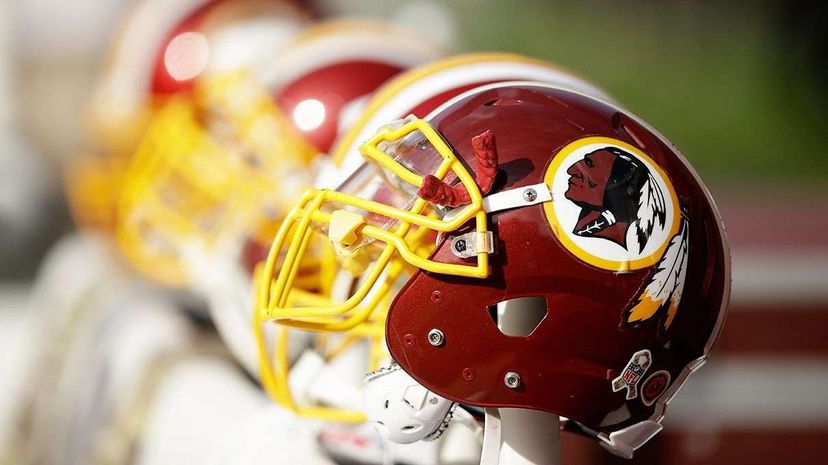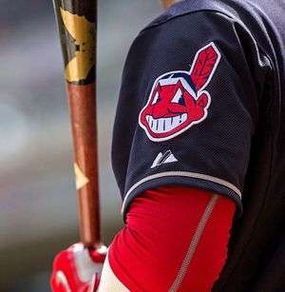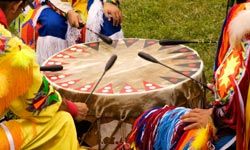
From the Washington Redskins to the Kansas City Chiefs, numerous professional sports teams use American Indian mascots and logos, raising serious questions of cultural appropriation and respect. Those opposed to the practice say that the teams' use of such logos plays on negative stereotypes, violates civil and intellectual rights, and diminishes cultural traditions. Supporters tend to hold up tradition as a basis for not abandoning the mascots, and say such use honors Native Americans.
In a new study published in the Journal of Consumer Psychology, a team of researchers from the University of Montana, University of Washington and Washington State University decided to examine what impact viewing these mascots and logos based on ethnicity actually makes. The scientists also took into account political leanings.
Advertisement

"We set out to study whether or not the use of American Indian brand imagery increases stereotype beliefs in the broader population, a claim that has been made many times but never empirically tested," says Justin Angle, the study's lead author in a press release accompanying the publication. Angle is an assistant professor in the UM School of Business.
Two laboratory experiments and one field study looked at related issues. The two lab-based experiments exposed participants identified as politically more liberal or more conservative to ethnically based brand imagery. The researchers wanted to see what impact the brands would have on stereotypes both supposedly negative ("Indians are warlike") and positive ("Indians are noble"), and whether political leaning had any influence.
Looking at logos had no observable impact on whether conservatives changed their perception of Native Americans, but viewing ethnic logos made liberals more likely to associate with the negative "warlike" stereotype, and less likely to associate with the positive "noble" one.
While this may seem counterintuitive, Angle says, it's "consistent with past research showing that liberals tend to have more malleable world views and are therefore sometimes more sensitive to contextual cues."
The lab study also found that adding words to a logo can have a positive impact — liberals who saw a sports logo with an accompanying phrase "We Are Noble, We Are Peaceful, We Compete with Honor!" had a more positive view of Native Americans. This suggests, says Angle, that the argument that logos honor Native Americans carries little weight, and that context — specifically, text-based slogans — is the best way to increase positive associations. "These results fail to support the common argument that exposure to ethnic brand imagery automatically improves response to the ethnic group," says Angle.
A separate field study first identified levels of offensiveness in nine different sports logos: Baseball's Cleveland Indians rated most offensive, and the Atlanta Braves least. And for comparison, they sampled residents in Detroit and Miami, two similar markets that instead have animal-themed franchises (the Tigers and the Marlins).
After controlling for factors including race, gender, familiarity with Native Americans and team fandom, the study found that exposure to a "more negative ethnic logo" significantly strengthened negative stereotypes among liberals, while exposure to the "less negative logo" did not significantly influence negative stereotypes at any level of political identity.
"This result," says Angle, "is perhaps the first demonstration of the adverse effects of exposure to ethnic brand imagery — specifically American Indian sports mascots — in the broader population."
Advertisement

